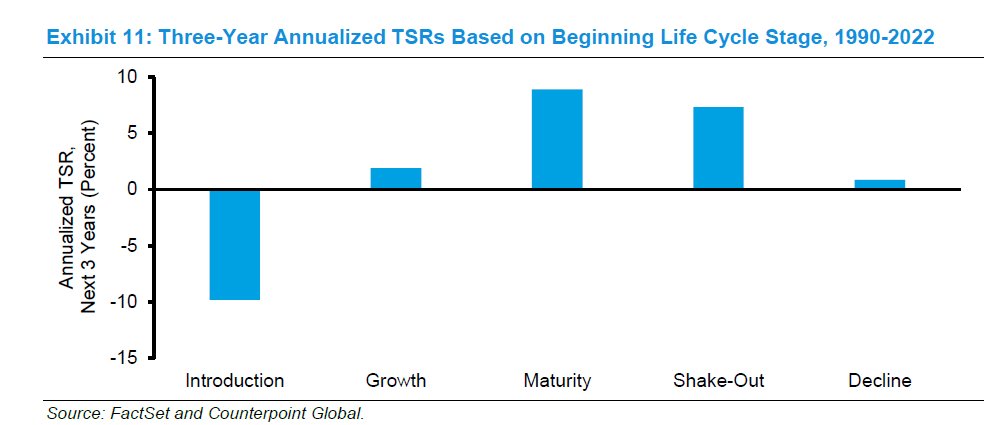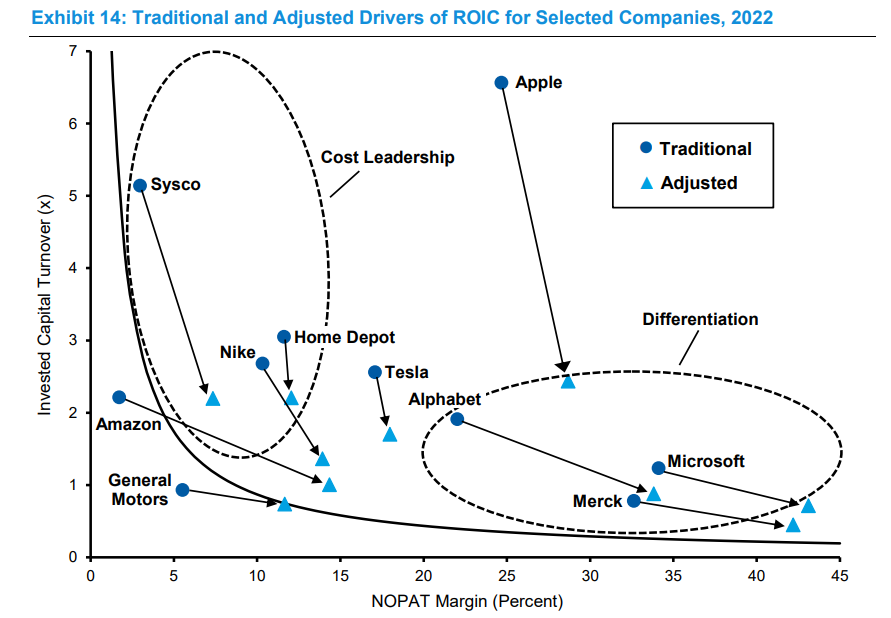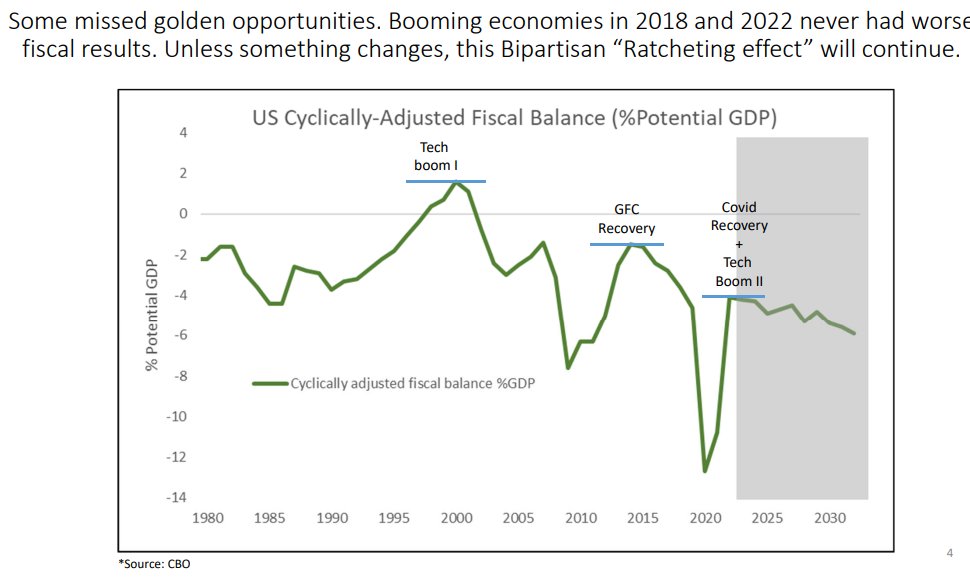Morgan Housel: "I’m not interested in anything that’s not sustainable. Friendships, investing, careers, podcasts, reading habits, exercise habits. If I can’t keep it going, I’m not interested in it.
I think the only way to do that is if you are going out of your way to live life at 80-90% potential. If you’re always trying to squeeze out 100%, almost certainly it’s going to lead to burnout, whether it’s a friendship or a relationship or an investing strategy. If you’re a type A person, it’s almost impossible to do. But going out of your way to live life at 8% has always been a strategy that I want to do just because I want to keep it going for a long time." @morganhousel via @tferriss
I think the only way to do that is if you are going out of your way to live life at 80-90% potential. If you’re always trying to squeeze out 100%, almost certainly it’s going to lead to burnout, whether it’s a friendship or a relationship or an investing strategy. If you’re a type A person, it’s almost impossible to do. But going out of your way to live life at 8% has always been a strategy that I want to do just because I want to keep it going for a long time." @morganhousel via @tferriss
"It’s super dangerous to attach your identity to something that’s unsustainable, whether it’s being a model or having a certain career, having an investing strategy. If you attach your identity to something that you cannot sustain when it ends, you’re going to be morally crushed. It’s just going to destroy you.
Back to investing, the variable that I want to maximize for is how long can I do this for? It’s not, can I earn the highest returns? It’s, can I maintain this investing strategy for another 50 years? And I know that I could earn a higher return this year and over the next five years if I did something different, but I’m way less confident that I could keep it going and sustain it. And I think it’s the same for relationships."
Back to investing, the variable that I want to maximize for is how long can I do this for? It’s not, can I earn the highest returns? It’s, can I maintain this investing strategy for another 50 years? And I know that I could earn a higher return this year and over the next five years if I did something different, but I’m way less confident that I could keep it going and sustain it. And I think it’s the same for relationships."
• • •
Missing some Tweet in this thread? You can try to
force a refresh

 Read on Twitter
Read on Twitter
















